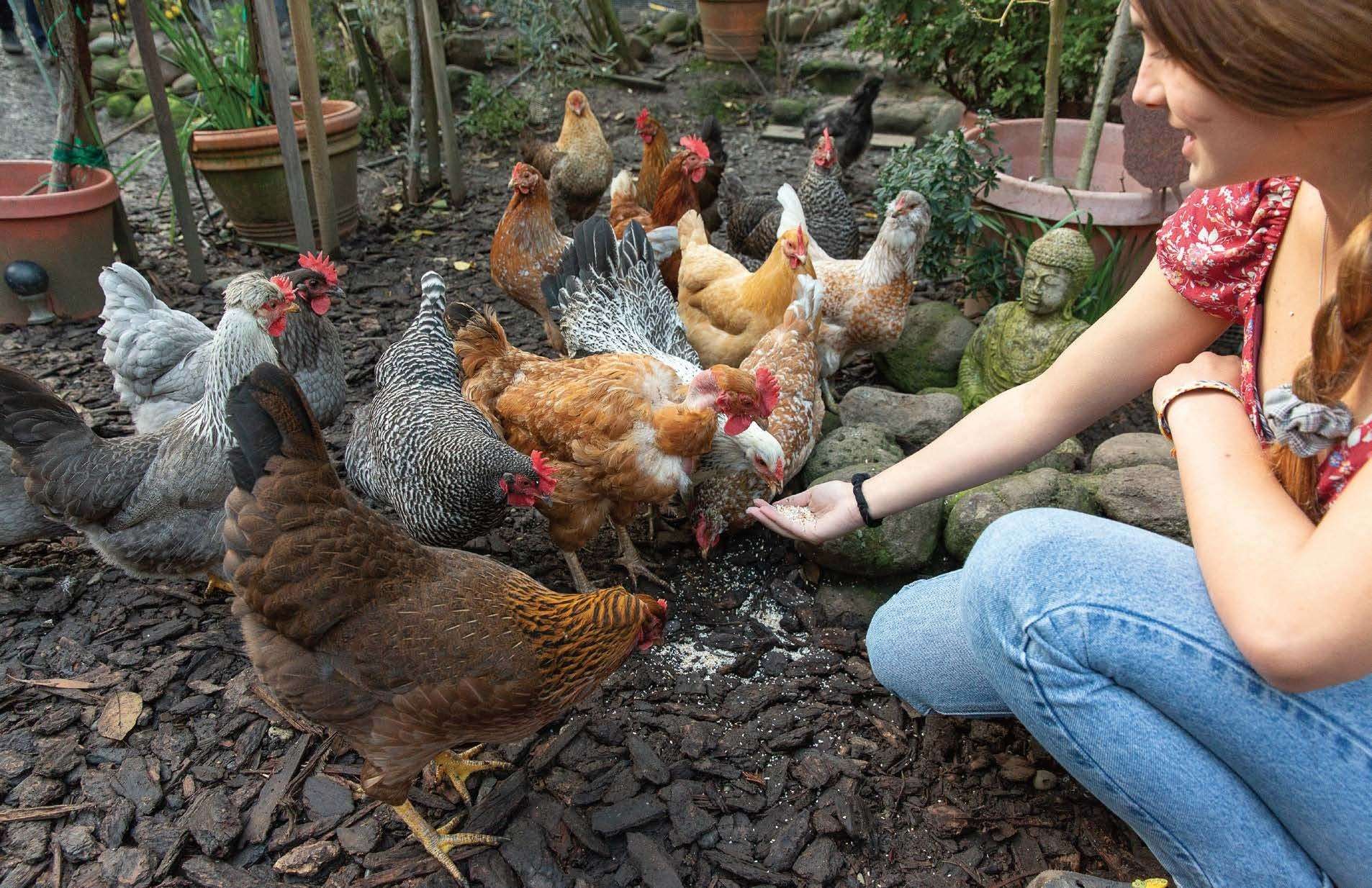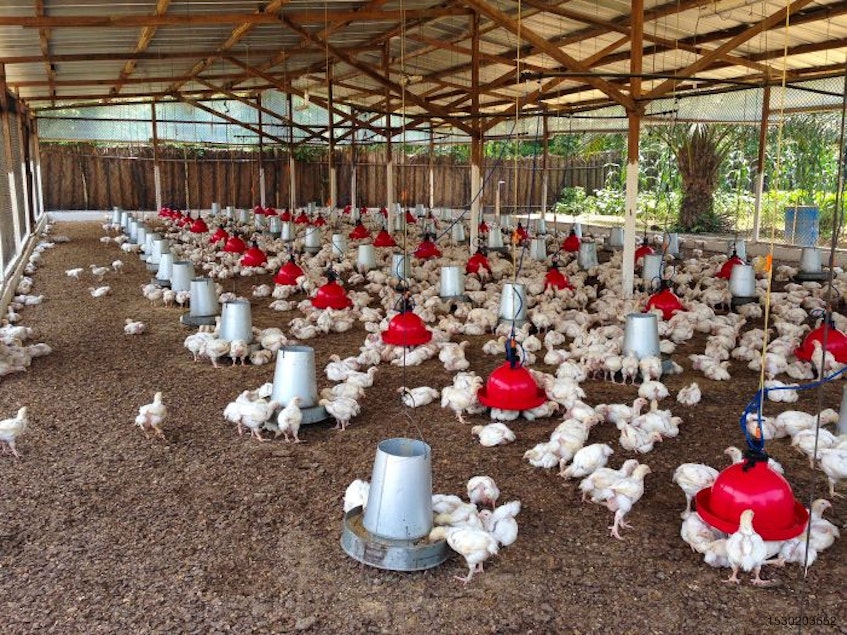Contract chicken farming represents a pivotal model in the poultry industry, shaping how modern poultry production is managed and operated. This guide offers an in-depth look into the world of contract chicken farming, covering everything from the initial requirements to the financial aspects and career considerations.
Understanding Contract Chicken Farming
What is Contract Chicken Farming?
Contract chicken farming involves an agreement between a poultry grower and a large poultry company or integrator. Under this system, the company provides the necessary resources such as chicks, feed, and technical support, while the grower manages the farm and raises the chickens. This arrangement helps companies control production quality and efficiency, while growers benefit from a steady income and support from larger entities.
How to Become a Contract Poultry Grower
Becoming a contract poultry grower requires meeting specific criteria set by poultry companies. Prospective growers must have suitable land and facilities, adhere to industry standards, and comply with local regulations. They typically need to demonstrate experience or the capability to manage poultry farming operations efficiently. The process often involves application to companies that offer contract farming opportunities and undergoing a selection process.
Requirements for Poultry Contract Farming
To engage in poultry contract farming, several requirements must be met:
- Facility Specifications: Farms must have appropriate housing for the chickens, which includes temperature control, ventilation, and sanitation facilities.
- Financial Stability: Growers need to demonstrate financial stability to manage operational costs and maintain the farm.
- Compliance with Regulations: Adherence to local, state, and federal regulations regarding animal welfare, health standards, and environmental impact is mandatory.
Financial Aspects of Contract Chicken Farming

How Much Do Tyson Chicken Farmers Make?
One common query among those interested in contract chicken farming is regarding the financial aspect, particularly the income from major poultry companies like Tyson Foods. The earnings of Tyson chicken farmers can vary widely based on factors such as farm size, production efficiency, and local market conditions. Generally, Tyson chicken farmer salaries are influenced by the terms of the contract and the performance of the farm.
How Much Does a Tyson Chicken Farmer Make?
The earnings for Tyson chicken farmers are typically reported as a per-bird payment or a per-pound payment of processed chickens. These payments can fluctuate based on market conditions and the specific contract terms negotiated. Understanding these financial details is crucial for prospective growers to assess the viability of entering into contract poultry farming.
Key Considerations for Contract Chicken Farming

Contract Poultry Farming Companies
Several companies offer contract poultry farming arrangements, each with its own set of terms and support structures. Companies like Tyson Foods, Perdue Farms, and Pilgrim’s Pride are notable examples. Researching different contract poultry farming companies and their offers can help growers make informed decisions about which company aligns best with their goals and resources.
Chicken Growers: Best Practices and Tips
For successful chicken growing under a contract, adhering to best practices is essential. These include maintaining optimal environmental conditions, following feeding protocols, and ensuring the health and well-being of the chickens. Regular communication with the contracting company for guidance and support can also enhance farm performance.
Future Trends in Contract Chicken Farming
The poultry industry is continually evolving with advancements in technology and shifts in consumer demand. Future trends may include greater emphasis on sustainability, improved animal welfare standards, and innovations in farming practices. Staying informed about these trends can help contract chicken farmers adapt and thrive in a changing industry landscape.
Conclusion
Contract chicken farming offers a structured approach to poultry production, balancing the needs of both growers and poultry companies. By understanding the requirements, financial aspects, and best practices, prospective chicken growers can make informed decisions about entering this field. As the industry continues to evolve, staying updated on trends and maintaining high standards will be crucial for success in contract poultry farming.

